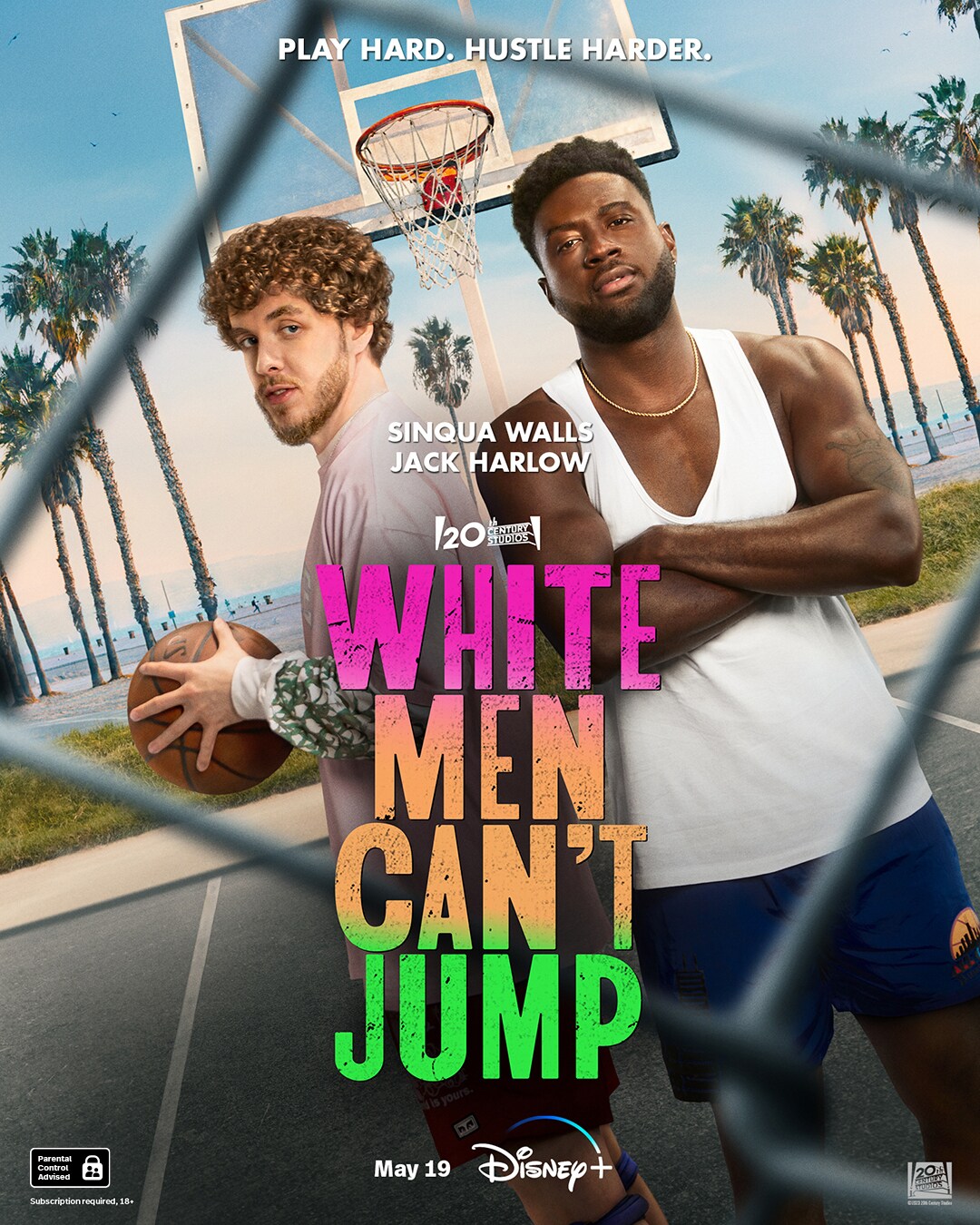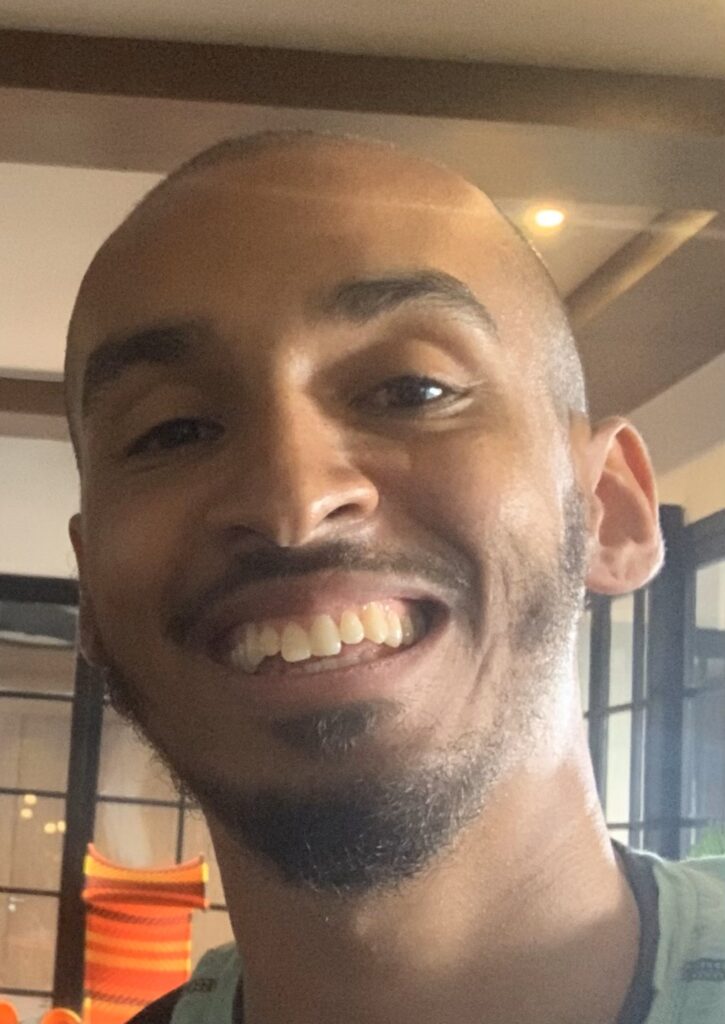
20 May White Men Can’t Jump Review by Amaru Moses
White Men Can’t Jump
When director Calmatic remade House Party, I wasn’t too mad at it. It stuck to a lane, knew not to take itself too seriously, and focused on what most people do at houses that are hosting parties. If you aren’t one who attends those types of things, I’m saying that the movie was fun. I can’t say the same with his second feature film outing, another beloved “Hood Classic” remake in White Men Can’t Jump. Jack Harlow and Sinqua Walls play Jeremy and Kamal (a.k.a. the new versions of Woody Harrelson’s Billy Hoyle and Wesley Snipes’ Sidney Deane), two has-been basketball players who team up to hustle extra cash for themselves. There isn’t much more to the film than that. There were two seconds at the start where I thought Harlow had some charm and was hoping Walls’ screen presence would make the film passable, but the hope those moments provided did not last very long. While Calmatic’s first remake had some entertainment value, White Men Can’t Jump proved to be wholly unnecessary.
The film’s jerky editing, poor writing, and hasty pace made everything on screen feel manufactured. In the original, everything came naturally: the leads’ chemistry, the basketball scenes, and, most importantly, the poignant race-heavy dialogue. This remake tried to copy that same formula, but falls remarkably short in all of those aspects. Frequent cuts make the basketball games extremely hard to follow, losing all the tension and excitement in what are supposed to be high-stakes games. This kills any chemistry that Harlow and Walls might have been able to build on the court, while the writing never allows them to build any chemistry off of it. Most of the banter between them amounts to nothing more than “you know you’re white/black when…” jokes and meme-like dialogue. These back-and-forths might have been funny if they were sprinkled sparingly throughout the runtime, but the majority of the movie is driven by these cringe-worthy attempts to recapture the original’s racial commentary. Even worse, the most successful portion of the movie comes from a completely unknown duo who steal all the shine from the two leads.
Myles Bullock and Vince Staples play Renzo and Speedy, Kamal’s best friends and easily the best part of the film. Every second they are on screen feels like a comedy show that you don’t want to end. They are charming, natural, hilarious, and entertaining; everything that the rest of the film lacks. When those two share the screen with Harlow and Walls, the film’s faults become exceedingly apparent. It’s unfunny, unentertaining, and extremely underwhelming, far lower than my bar was already set. When the comedic relief is better than the main characters, it’s a pretty bad look.
Review by Amaru Moses


No Comments